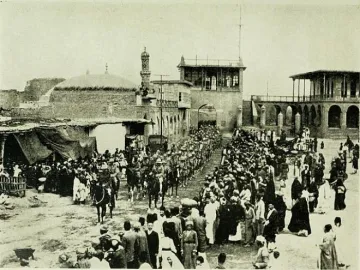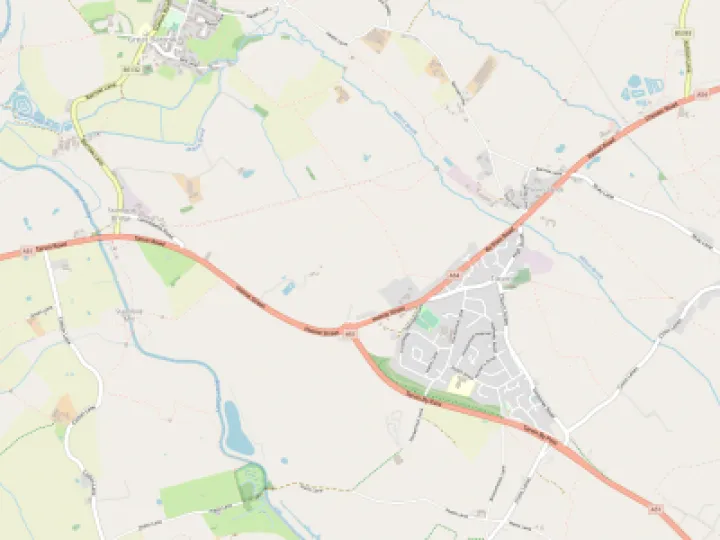Remembering the First World War – Mesopotamia (Now Iraq)
On October 21st 1914, the Ottoman Empire, which was allied to Germany, attacked the Russian Black Sea coast. Following the attack, Russia and its allies, France and Britain, declared war on the Ottomans.
During the early part of the war, the Ottomans enjoyed several important victories including the Battle of Gallipoli and the Siege of Kut during which British forces suffered major defeats. The Arab Revolt against the empire, which began in 1916, turned the tide against the Ottomans and the British began to gain the upper hand aided by the support of local Arabs and Assyrians.
In 1916 the British and French made a plan for the post war division of western Asia (the Sykes Pict Agreement). In 1917 British forces captured Baghdad and defeated the Ottomans.
In 1920 the League of Nations divided the Ottoman Empire and modern Iraq (Mesopotamia) was placed under the authority of the United Kingdom as the British Mandate of Mesopotamia.
The British lost 92,000 soldiers in the Mesopotamian Campaign. Ottoman losses are unknown but the British captured a total of 45,000 prisoners of war. By the end of 1918 Britain had deployed 410,000 men in the area of which 112,000 were combat troops.
Of the losses 40% were due to troops dying from diseases in Mesopotamia.
One of the Tarvin men who died there was Wilfred Lee.
[British troops entering Basra
]
Wilfred Lee
Wilfred enlisted early on in the war, in November 1914 as a Private in the 8th Battalion of the Cheshire Regiment when he was just 18 years old.
He was born and brought up in the village and came from an old Tarvin family. His paternal grandparents, Charles and Margaret were married at St Andrews church in 1853. Forty-two years later, in the same church, in1895, his father (also named Charles) married Jane Muskett, a farmer's daughter from Clotton and Wilfred was born the following year.
The family lived in Townfield Lane, off Holme Street but by 1911, Wilfred, now aged 15, was another of the servants living in the Gunnery household and employed by the family as a Servant Porter Van-man.
In 1915, The Cheshire Courant reported him as being in a convalescent home abroad, following a bout of dysentery. Wilfred found himself serving in the horrific conditions of Mesopotamia where extremes of temperature (49˚C were common).
Arid desert and regular flooding, flies, mosquitoes and other vermin all led to appalling levels of sickness and death through disease.
While on active service, Wilfred died from cholera on Thursday 30th May 1918
Wilfred is remembered with Honour at the Basra Memorial in Iraq.
(Ed: this article is to be continued shortly)
Quick Links
Get In Touch
TarvinOnline is powered by our active community.
Please send us your news and views.





